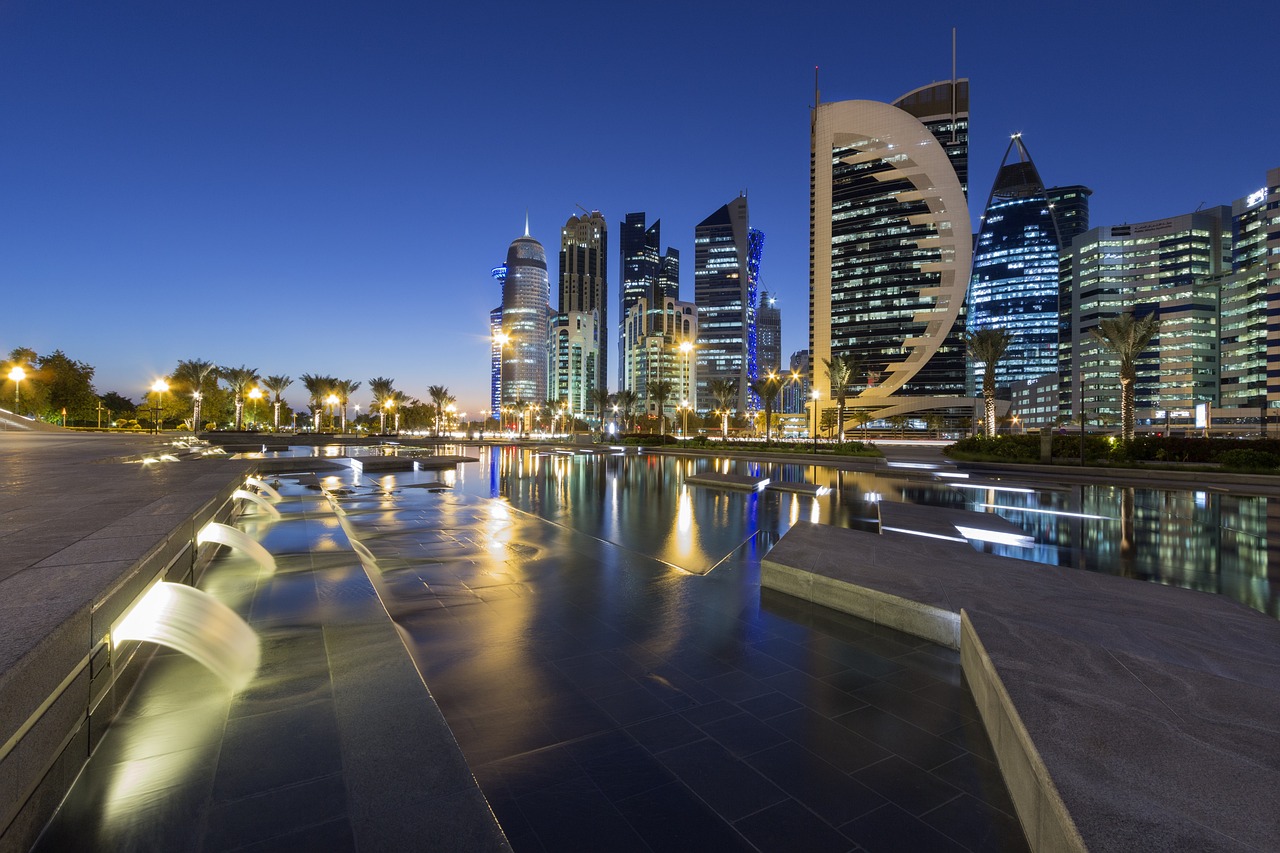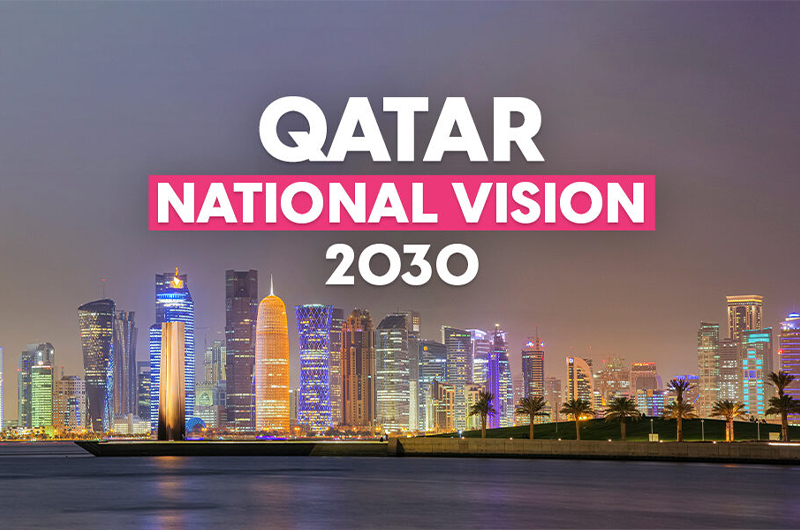QATAR

Qatar: An Overview
The State of Qatar is a sovereign nation in the Middle East, located on a peninsula extending into the Arabian Gulf. Since gaining full independence from Britain in 1971, Qatar has become a global leader in oil and gas production.
An Islamic state, Qatar’s laws and traditions are deeply rooted in Islamic principles. The nation has been led by His Highness Sheikh Tamim bin Hamad bin Khalifa Al-Thani since 2013.
Covering an area of 11,521 square kilometers, Qatar’s major cities include Doha (the capital), Al-Wakrah, Al-Khor, Dukhan, Al-Shamal, Mesaieed, Ras Laffan, and others. The country experiences a desert climate characterized by hot summers, mild winters, and minimal rainfall.
Qatar National Vision 2030 (QNV2030)
The Qatar National Vision 2030 (QNV2030) is a strategic roadmap aimed at transforming Qatar into an advanced, sustainable society that ensures a high standard of living for all citizens by 2030.
By outlining long-term national objectives, QNV2030 serves as a framework for developing strategies, policies, and implementation plans. It guides government planning, resource allocation, and policy-making while fostering alignment across private sector initiatives and providing individuals with a shared sense of purpose.


Qatar and the 2022 FIFA World Cup
On December 2, 2010, FIFA announced Qatar as the host of the 2022 FIFA World Cup, marking the first time the prestigious tournament was held in the Middle East in its 92-year history.
Qatar hosted 31 nations in 64 matches, starting and concluding at the Lusail Iconic Stadium, a state-of-the-art, zero-carbon-footprint venue designed specifically for the event. To support the tournament, Qatar committed up to $70 billion to develop and enhance a world-class infrastructure
